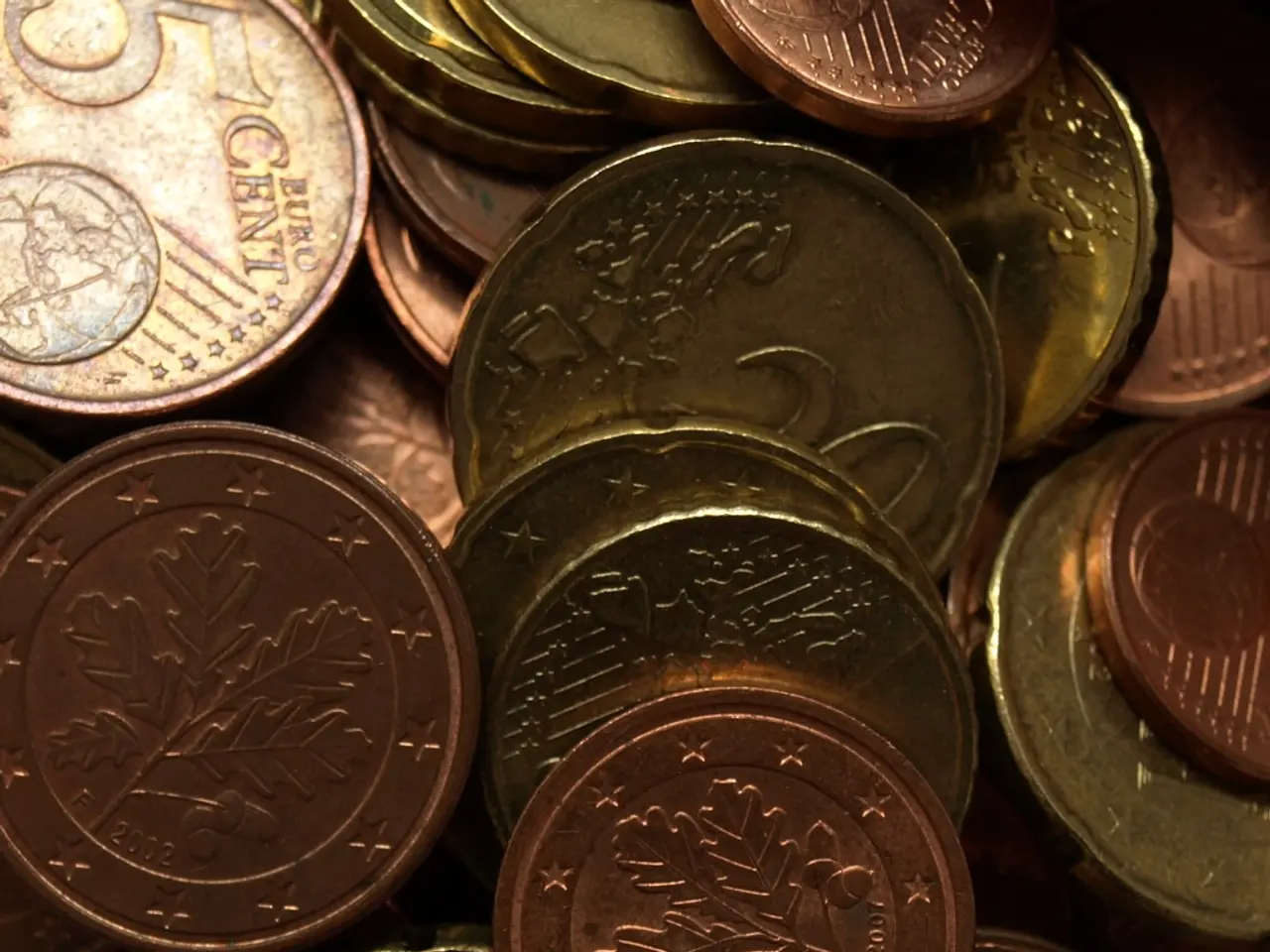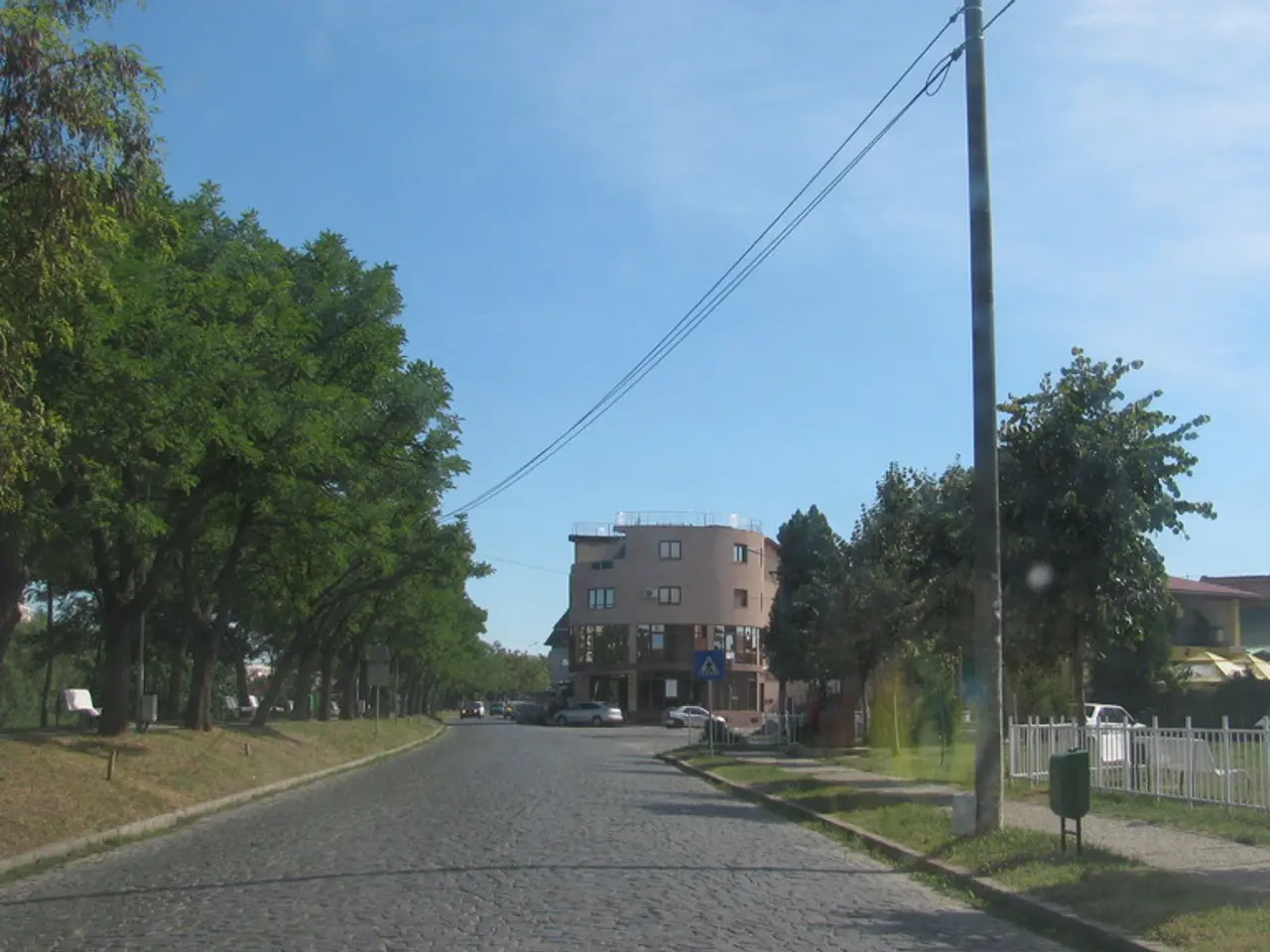El Salvador increases its Bitcoin holdings, currently valued at approximately $674 million.
El Salvador, a small Central American nation, made history in 2021 by becoming the first country to adopt Bitcoin as legal tender. Since then, the country has persisted in integrating the cryptocurrency into its economy, despite facing challenges and international criticism.
Under the leadership of President Nayib Bukele, El Salvador has consistently purchased Bitcoin, including 240 more coins in mid-2025 and an additional 32 BTC in June 2025, following a "1 Bitcoin a day" acquisition policy. The government has also ventured into Bitcoin mining, leveraging geothermal energy from the Tecapa volcano to add nearly 474 mined bitcoins to the national treasury since 2021.
However, the International Monetary Fund (IMF) has expressed concerns about the risks of Bitcoin adoption, including market volatility and financial instability. These concerns affected financial support and led to a loan agreement in late 2024, requiring El Salvador to revoke Bitcoin's mandatory legal tender status in early 2025. Since then, Bitcoin's use is voluntary, and businesses are no longer required to accept it.
Despite these challenges, the Salvadoran government sees Bitcoin as a means to modernize the economy, enhance financial inclusion, and attract foreign investment. The country has experienced a 30% increase in tourism since the initial Bitcoin adoption, attributed to international interest in its pioneering policies. Infrastructure projects like the Airport of the Pacific and the planned Bitcoin City illustrate ongoing efforts to capitalize on Bitcoin’s integration to boost economic growth and regional connectivity.
However, adoption among citizens remains limited, with only about 7.5% reportedly using Bitcoin for transactions as of 2024. The strategy of accumulating Bitcoin as national reserves aims to diversify assets and potentially benefit from long-term appreciation, though critics highlight significant risks from price swings and liquidity concerns.
The future impact of Bitcoin on El Salvador's economy remains mixed. The country continues to pursue Bitcoin integration as a driver of innovation and financial inclusion, but volatility and international institutional concerns temper expectations. The government's sustained Bitcoin purchases, mining efforts, and infrastructure investments indicate a long-term commitment, with potential benefits hinging on broader adoption, stable regulation, and global crypto market dynamics.
During the market's retracement phase, there is expansion around $108,000 and $109,000 for Bitcoin. The hacking of the government-backed Chivo wallet has eroded Salvadorans' confidence in the system, but the future impact could include increased confidence in Chivo and other blockchain initiatives, and accelerated adoption as more Salvadorans become familiar with the system.
El Salvador's Bitcoin strategy puts the traditional financial system at risk, but it also generates global interest. Other nations are closely watching the integration of Bitcoin into national economies, and if realized, El Salvador could be the first to extensively adopt Bitcoin and other digital currencies as legal tender. The approach chosen by El Salvador could pave the way for a new era of digital currencies in global economies.
- Recognizing the potential for digital currencies to modernize economies and foster financial inclusion, the Salvadoran government has continued investing in Bitcoin, with plans to diversify into other digital currencies as well.
- Despite challenges such as market volatility and international institutional concerns, El Salvador's strategy of embracing Bitcoin and blockchain technology for trading, finance, and technology sectors could serve as a model for other nations, potentially triggering a wave of digital currency adoption in global economies.




